Council adopts Dick Marty’s Kosovo report
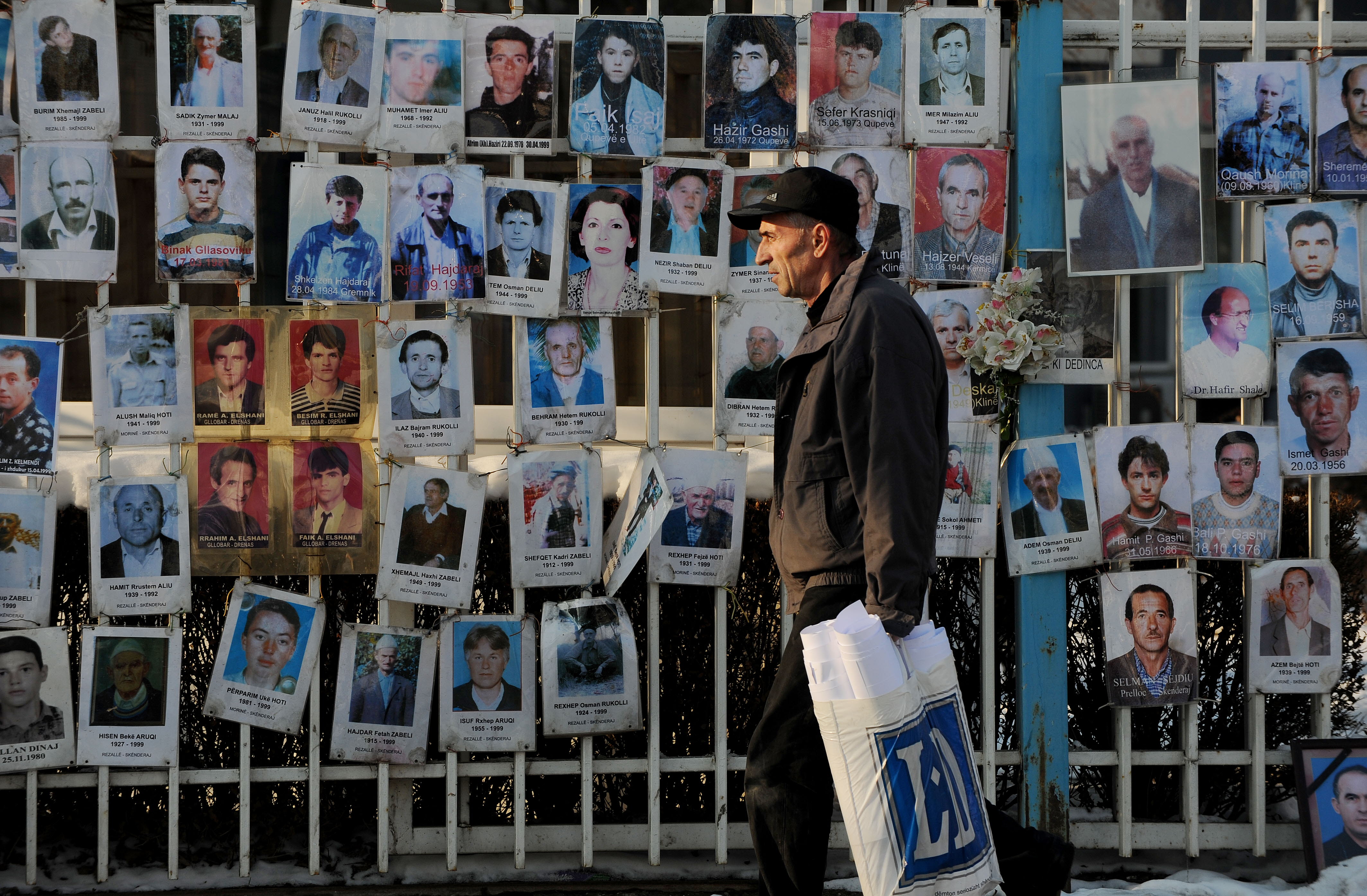
Members of the Council of Europe have adopted the organ-trafficking report presented by Swiss senator Dick Marty.
In addition to adopting Marty’s report in Strasbourg on Tuesday, the Council approved a resolution calling on Albanian and Kosovan authorities to investigate organ-trafficking allegations – with 169 votes in favour, eight against and 14 abstentions.
Filed in December, Marty’s report implicated high ranking members of the Kosovo Liberation Army (KLA) in the murder of Serbian and Kosovo Albanian prisoners and the selling of their organs. Kosovo Prime Minister Hashim Thaci is among the accused.
Council members praised Marty for his courage as well as his “excellent and difficult” work. They called for prompt action to determine whether the allegations were in fact true – regardless of political opinions – and demanded a serious inquiry.
According to the Council’s resolution, both the EU mission in Kosovo (Eulex) as well as the Kosovan authorities should be involved in the investigations.
Council debate
Over the course of a debate that lasted several hours on Tuesday, some council members questioned the fact that the report had come up more than a decade after the crimes were allegedly committed.
Others expressed doubt over the feasibility of harvesting organs under such shady – and therefore difficult – conditions. Nevertheless, most members supported Marty and the resolution to investigate the report’s charges.
As many emphasised, the report was not targeted against the Kosovan people and had nothing to do with the independence of Kosovo. Indeed, they argued that finding the truth was essential for lasting peace in the region.
“We are not talking about war – we are not talking about collateral damages. We cannot defend human rights if we don’t defend the politics of human rights. Let’s support Marty because he was courageous enough – and even if it took him ten to 20 years – let’s support him because truth will prevail,” argued Greek council member Liana Kanelli, drawing applause.
Witnesses and mothers
Marty thanked his supporters for the trust that they had placed in him. He noted the fact that his report had been taken very seriously in the United States as well.
While much had been said about organ-trafficking, Marty pointed out that it was just one aspect of the criminal activity.
Prior to the voting, Marty offered two closing thoughts to his colleagues. First he spoke of the witnesses who had risked their lives to provide information, adding that threatening witnesses was the worst form of terrorism against justice.
“Justice has to get into gear now. One of its most important duties is witness protection,” Marty told reporters at a news conference after the Council session. He said he had spoken with numerous witnesses in Kosovo, promising them complete discretion.
“Without efficient witness protection, these people are in danger,” Marty said, adding that he had refused to give their names to Eulex.
He also spoke about the mothers he had met in Belgrade and Pristina.
“They begged me to find traces of their sons. There is no distinction between a Serbian and a Kosovan mother – and it’s for their sake that we should do something,” Marty said, “Between 1,800 and 1,900 people are still missing.”
New accusations
Also on Tuesday, the British Guardian newspaper published new accusations against Thaci. It reported that the Kosovo prime minister had been identified as one of the “biggest fish” in organised crime in Kosovo.
The story was based on Nato documents linked to the Guardian. Labelled secret, the documents indicated that the US and other Western powers were aware of criminal activity in connection with Kosovo’s government.
A government spokesman in Kosovo has dismissed the accusations as false claims of the Serbian news agency.
Kosovo Prime Minister Hashim Thaci, accused by Dick Marty of heading a “mafia-style organisation” lived in Switzerland between 1994 and 1998, and was given political asylum.
He studied politics and southeastern European history at Zurich University, and is said to have built up the Kosovo Liberation Army during this time.
A report in the Swiss SonntagsZeitung newspaper on January 23 said two Kosovo politicians, Azem Syla and Kadri Veseli, accused of involvement in alleged organ trafficking have permanent Swiss resident permits, despite not having their main residence in Switzerland.
Syla, currently a member of the Kosovo parliament, was previously Kosovo defence minister.
Veseli was head of the secret services.
The Swiss migration office is to open an enquiry to determine whether the two men satisfy the criteria entitling them to these permits.
(With input from Andreas Keiser in Strasbourg)

In compliance with the JTI standards
More: SWI swissinfo.ch certified by the Journalism Trust Initiative
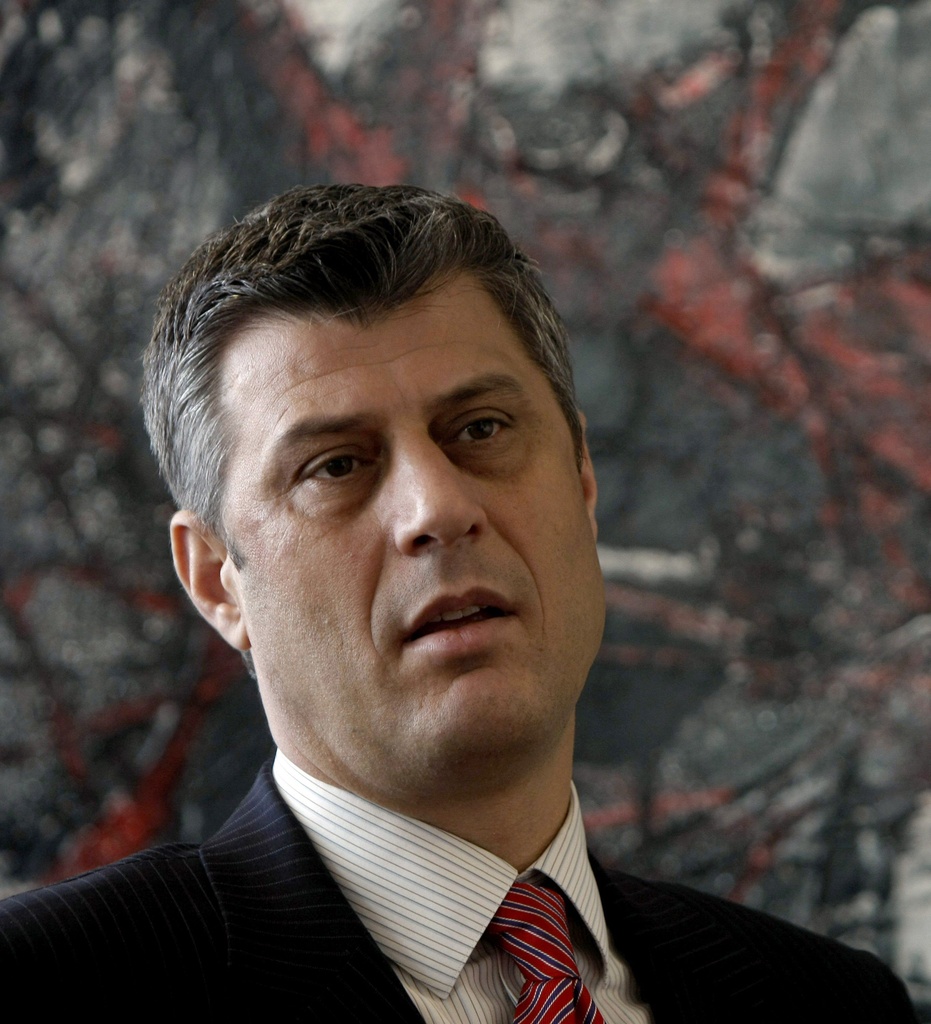

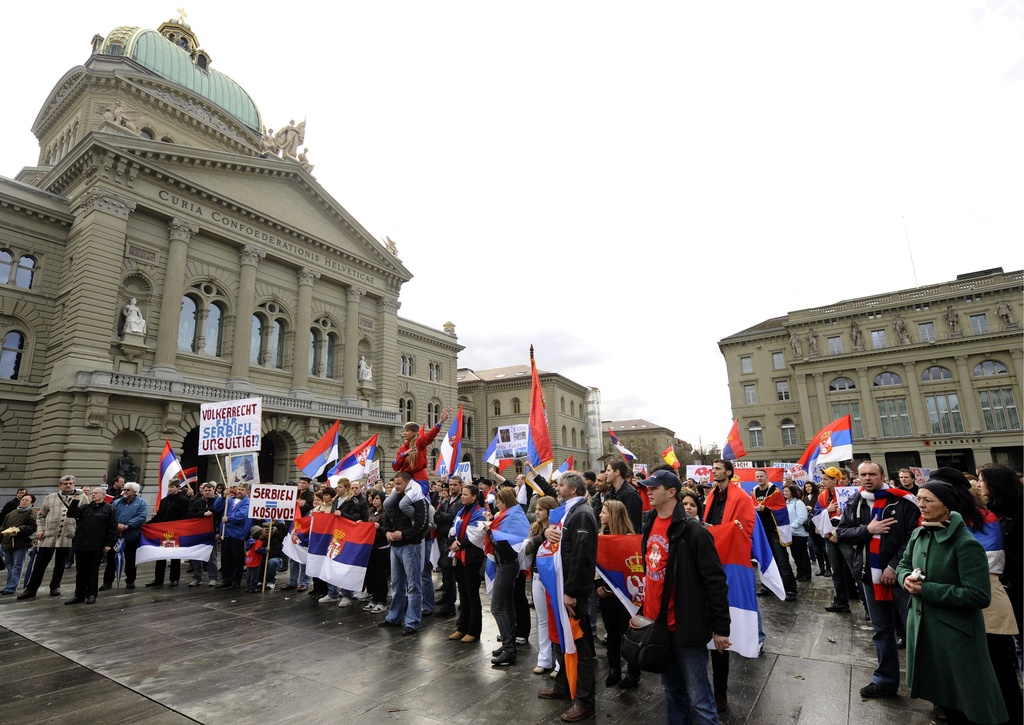
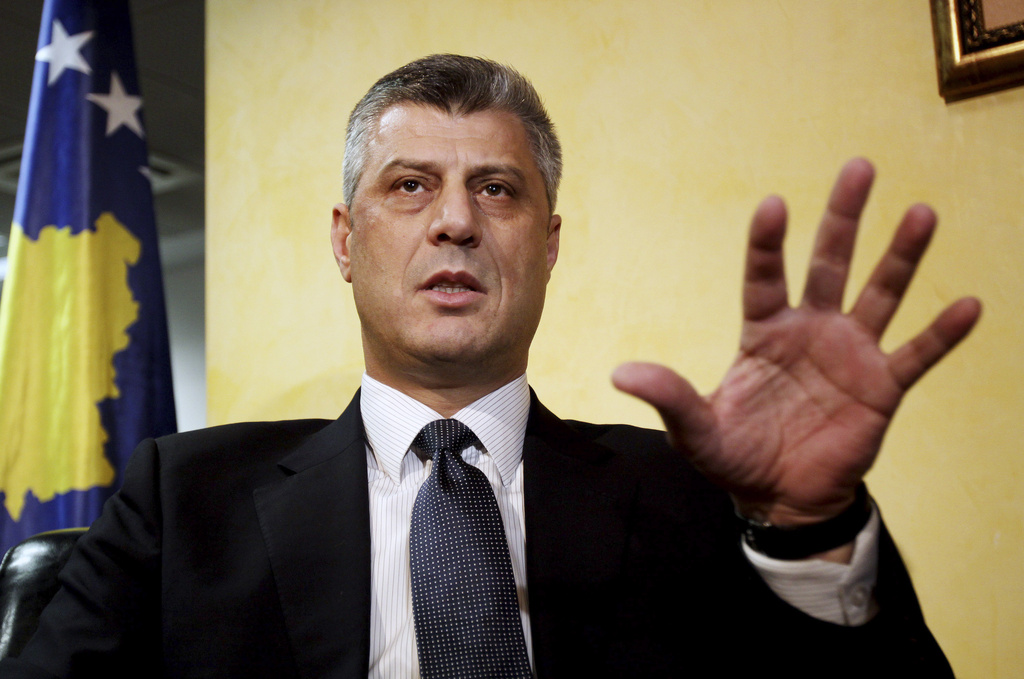

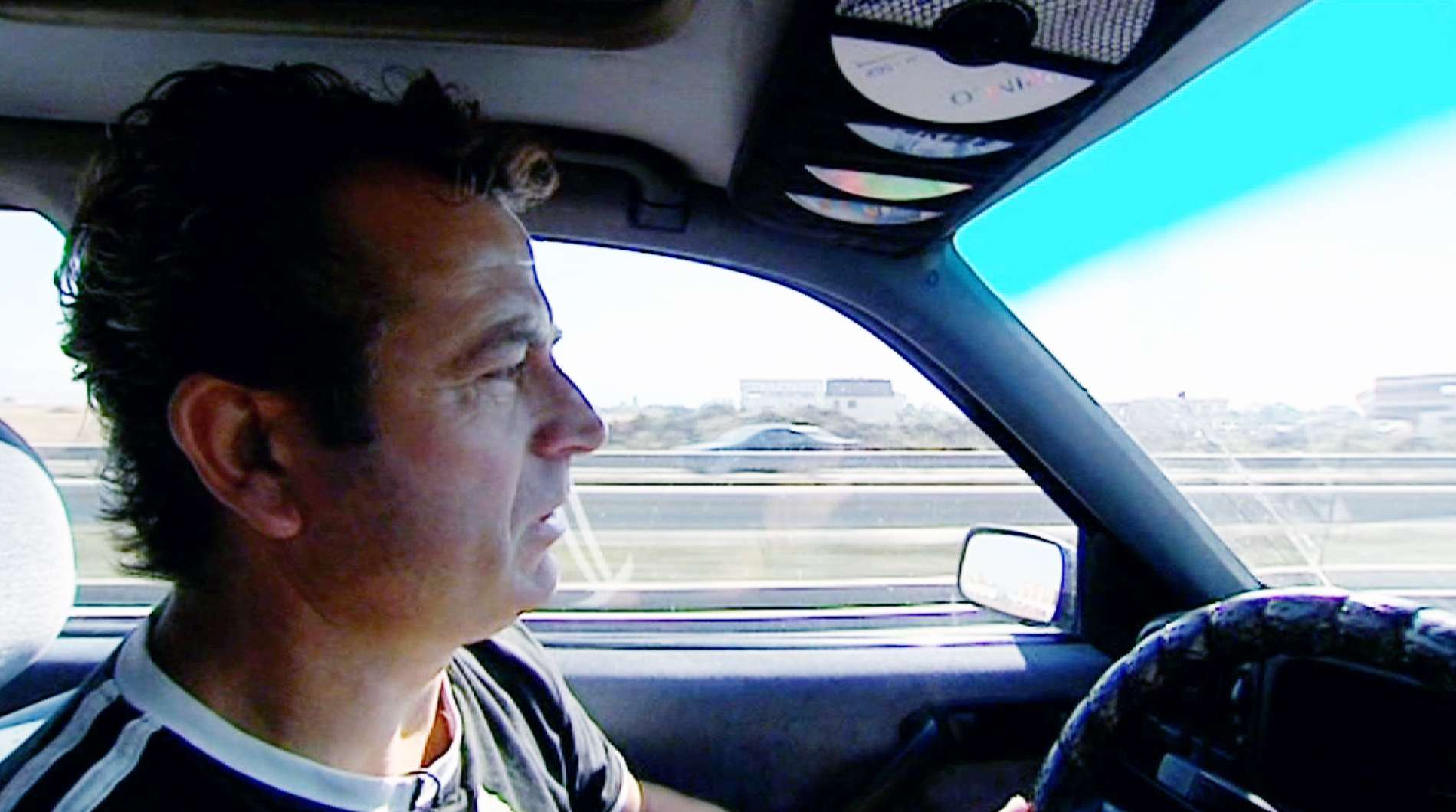
You can find an overview of ongoing debates with our journalists here. Please join us!
If you want to start a conversation about a topic raised in this article or want to report factual errors, email us at english@swissinfo.ch.